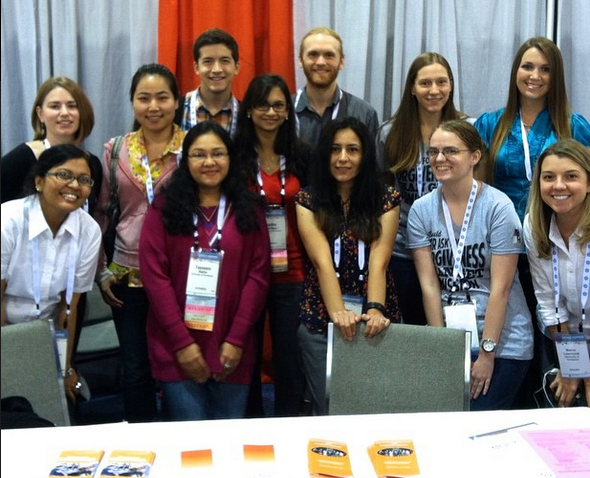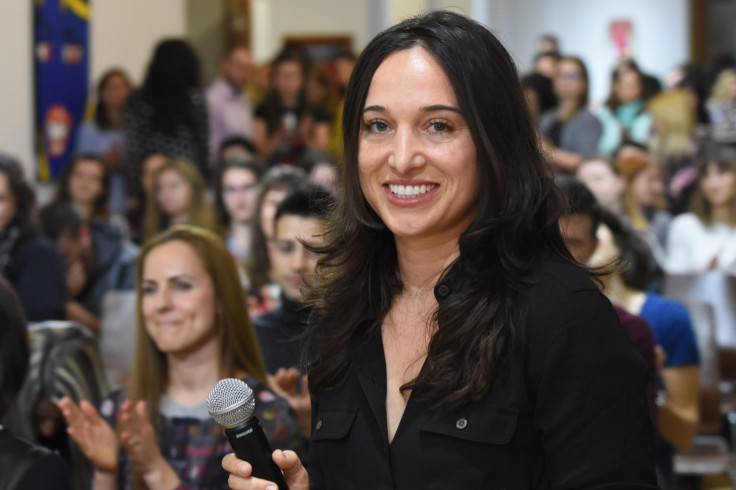What Women Entrepreneurs Face On Startup Day 2017

Tuesday was the fifth annual Startup Day Across America, a nationwide celebration of startups with bipartisan events led by nine congressmen, including Rep. Suzan Delbene from Washington, Rep. Darrell Issa from California and Sen. Tim Scott from South Carolina. A lot has changed since 2013. A 2016 report by the Kauffman Foundation showed high-growth startup firms now account for 50 percent of new job creation nationwide, not just in Silicon Valley. However, the startup ecosystem can still be a daunting place for women.
According to TechCrunch, the past five years have seen hardly any growth in the number of women-founded, venture-backed startups, which still hovers around 17 percent. Countless studies show women receive a fractional pittance of venture capital funding, even though female entrepreneurs are statistically more likely to have a prestigious degree and answer more questions about risk than male counterparts. Despite all the challenges, from widespread sexual harassment to discriminatory funding and wage gaps, Women Who Code CEO Alaina Percival told International Business Times there’s never been a better time for women to work at a startup.
Read: Period Tracking: How Menstruation And Fertility Apps Change Everything
At least now there’s widespread awareness about the importance of diversity. Percival said research has proven teams with women perform better and yield a higher return on investment for their companies overall.
“The startup world and engineering specifically, is a fantastic field for women,” she said. “There’s a lot of job opportunity and a lot of job security. It gives you a lot of flexibility.” According to a survey of 500 US-based entrepreneurs by 99designs, combined with a second survey of mothers who founded their own companies, California's Bay Area has the most female-founded companies with VC funding.

Percival said surveys of her organization’s members, which includes well over 50,000 professionals, found paid leave, work from home options and flexible hours made startup engineering jobs particularly satisfying for women. Startups often have a better paid family leave options, and Percival pointed out family leave is crucial to empowering women in the workforce. She also advised executives and entrepreneurs to turn data into action, addressing wage gaps in their own startups and taking note if male employees are promoted more often than women.
It’s often men’s unconscious bias making them less interested in women-led projects. So the only way to really see more women-led startups succeed is increasing the number of women venture capitalists and leaders at organizations like startup accelerators. Entrepreneurs like sextech guru Cindy Gallop and Adore Beauty founder Kate Morris are busy creating scholarships and alternative funding models to promote women in their respective fields. In the meantime, TechCrunch reported women make up only 7 percent of partners at the top 100 venture capital firms.

“As we see more women succeed, we will see more women make it to that VC and investor level, and be able to identify with products and opportunities that female founders bring to the table, and increase funding there,” said Percival.
Read: How Women Are Building The Future And Promoting Diversity With Blockchain
Initial coin offerings have become a way for blockchain startups to fundraise without traditional gatekeepers. Yet even the blockchain space, where women like Galia Benartzi of Bancor, Kathleen Breitman of Tezos and Andrea Tinianow of the Delaware Blockchain Initiative stand at the helm of some of the field's most buzzworthy projects, women are still vastly underrepresented at tech conferences. For example, the Token Summit in New York featured around 44 speakers, including only four women.
Race and sexual orientation also factor into the challenges women face in the startup ecosystem. According to a study by the LGBTQ leadership nonprofit StartOut Community, 12 percent of queer entrepreneurs worried coming out to their investors would hurt business prospects and 70 percent of queer female founders raised less than $750,000, compared to around $2 million garnered by almost half of their queer male counterparts.
For women of color, the situation is even worse. A survey of black female founders by Digital Undivided’s #ProjectDiane found 77 percent raised an average of just $36,000. There is still a long way to go until women in the startup ecosystem will be able to compete on an even playing field.
© Copyright IBTimes 2024. All rights reserved.





















